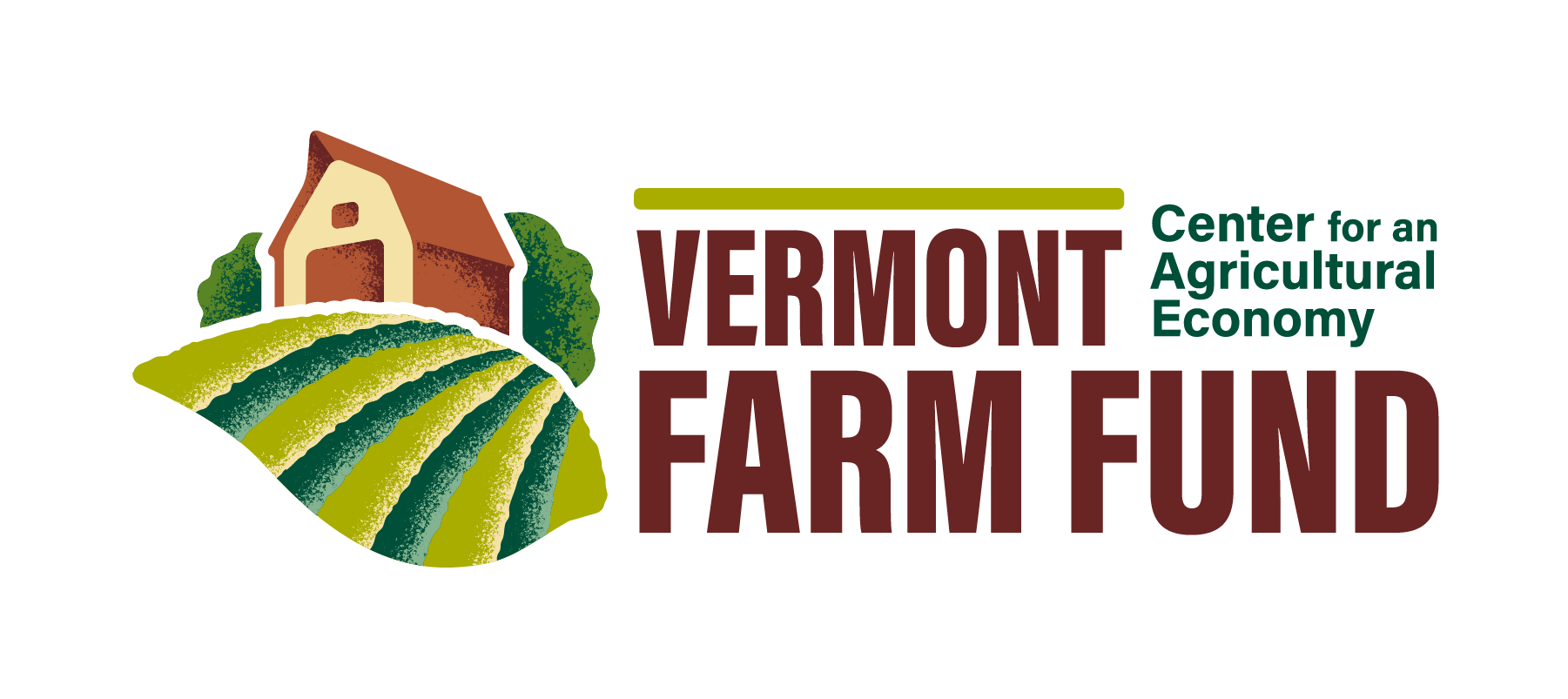Jersey Girls Dairy
Business Focus
This Chester, Vermont dairy farm, established in 1999, milks a small herd of Jersey cows and raises calves for veal.
Loan Summary
Farm owner Lisa Kaiman received a $10,000 emergency loan to help stabilize her business throughout the winter following severe flooding from Tropical Storm Irene in 2011. The loan enabled Lisa to continue with plans to install a pasteurizing system that would lead to increased fluid milk sales in the local market.
The Backstory
Lisa spent eight years working on farms before she came to Vermont in 1999 to open Jersey Girls Dairy in Chester. Despite her training and experience, it was a bold move to say the least. The farmhouse she bought had no running water or electricity, so in addition to starting a herd of milking jerseys from scratch, Lisa took on home renovations as well. Through hard work, innovative thinking, and sincere love for her animals, the Jersey Girls’ business had grown by supplying milk to Vermont cheesemakers and selling veal to local chefs.
In August 2011, Tropical Storm Irene nearly destroyed all that Lisa had built over the past twelve years. Her grazing fields were turned into a river that left behind nearly a foot of silt and washed away the only access road to her farm. Without clean pasture land, Lisa had no choice but to start feeding her cows hay that was supposed to be used to feed them in the coming winter months. The biggest problem, however, was that without a road, the milk truck didn’t have access to her farm. As a result, she immediately lost her cheesemaking customers who were forced to find other suppliers. Adding insult to injury, with no delivery options, Lisa was forced to dump most of what she milked for several weeks after the flood. Her restaurant veal business dried up overnight too when loyal local chefs, struggling to find business, saw fall tourism drop dramatically due to the floods.
“It didn’t feel right taking money that was generously offered from customers and the community. What I like about the Vermont Farm Fund is that it is farmers lending to farmers; I was comfortable about accepting help from my peers.” - Lisa Kaiman
The Bottom Line
The loan that Lisa got from the Vermont Farm Fund enabled her to get through a very difficult winter following the storm. Without a market for her milk, she had to temporarily sell her fluid milk in the commodity market at a price far below the premium that cheesemakers were willing to pay for the high fat creamy liquid.
I am happy to be able to repay the loan knowing that my repayments will help another farmer.
But these weren’t the first challenges Lisa had faced over the years, and in good times and bad her mantra, “We Are All What We Eat,” or WAAWWE as she calls it, has kept her focused and committed to her craft. Slowly Lisa has been able to renew relationships with cheesemakers, and chefs are again featuring her veal on their menus. The farm is now producing both raw milk that is sold on site and lightly pasteurized milk that is sold at the Jersey Girls Farm Café right down the road from the fields where her cows graze. The store serves as the retail outlet for Lisa’s veal as well as products from other nearby farms including cheeses made from Jersey Girls’ milk.



